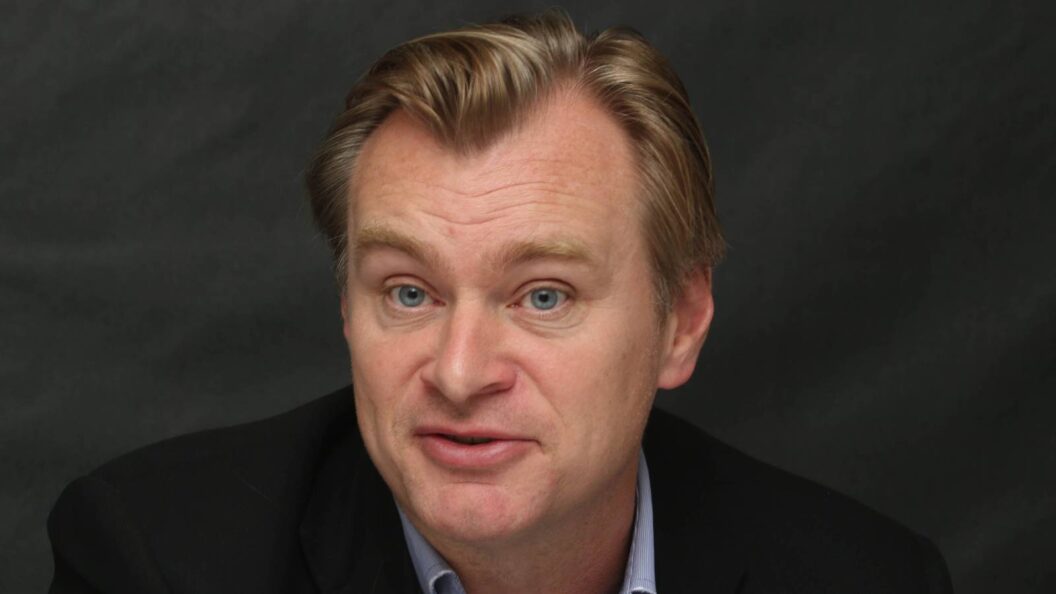Christopher Nolan’s The Odyssey: A Potential Horror Epic
In an exciting turn for cinema, acclaimed director Christopher Nolan is set to release The Odyssey on July 17, 2026. As anticipation builds around the film, discussions have emerged regarding its potential to blend fantasy and horror—a departure from Nolan’s previous works. With limited details revealed and ongoing speculation about the film’s tone and cast, many are curious about how Nolan will approach this iconic epic.
The Horror Elements of The Odyssey
The Odyssey, known predominantly for its epic narrative concerning Odysseus’ journey home post-Trojan War, is often viewed primarily through the lens of adventure storytelling. However, recent analyses suggest that the story’s inherent elements lend themselves well to a horror interpretation. Notable encounters like the man-eating Cyclops, the witch Circe transforming sailors into pigs, and Scylla and Charybdis pose existential threats that could effectively be extrapolated into horror tropes.
Nolan, who has yet to direct a horror film, has often hinted at his interest in the genre, citing an absence of the right story as a barrier. His existing projects like Inception and Oppenheimer incorporate themes of dread and psychological tension, suggesting he has a knack for weaving horror elements into narratives even when not explicitly categorized as horror.
Why a Horror Adaptation Would Work
The very themes within The Odyssey—the unpredictable whims of the Greek Pantheon and the grim fates of Odysseus’ crew—champion dark tonality ripe for horror filmmaking. Audiences could encounter moments steeped in terror, such as visions from the underworld where souls drift in despair, underscoring how skills in combat are futile against supernatural forces.
Furthermore, the film’s depictions of gods operating from the shadows—often appearing when least expected—could amplify the unsettling feeling, presenting a new emotional layer to this ancient tale. The Odyssey, while fundamentally a fantasy epic, could pivot towards exploring horror elements, transforming the narrative into an experience distinguished from conventional adaptations.
The Journey Ahead
Nolan’s version of The Odyssey has the potential to not only affirm his versatility as a filmmaker but also create a distinctive adaptation that stands apart from other well-known works, such as The Lord of the Rings and Harry Potter. The juxtaposition of horror against fantasy can pave the way for a unique cinematic experience, where viewers engage with the mythological terrors that lurk within the tale, offering a fresh perspective on an age-old story.
In recent interviews, Nolan characterized horror films as those enveloped in bleakness and abstraction. This insight indicates that while he has not yet crafted a horror film, The Odyssey could align closely with his aesthetic vision, blending thrilling elements of fear with the rich lore of Greek mythology.
The film’s production, guided by producer Emma Thomas, is still in early stages, and the casting details remain under wraps. However, if Nolan leans fully into the horror aspects, he may successfully merge both genres and build a narrative that captivates and terrifies.
Conclusion
Christopher Nolan’s The Odyssey stands at the intersection of fantasy and horror, with the potential to redefine expectations surrounding the adaptation of classical myths. By exploring the darker veins of an already complex narrative, Nolan has a chance to infuse the epic with new life and relevance, compelling audiences to see Odysseus’ journey through a lens of existential dread and psychological horror. As this project develops, it could not only alter the landscape of film adaptations of ancient tales but also mark a significant milestone in Nolan’s filmography.









